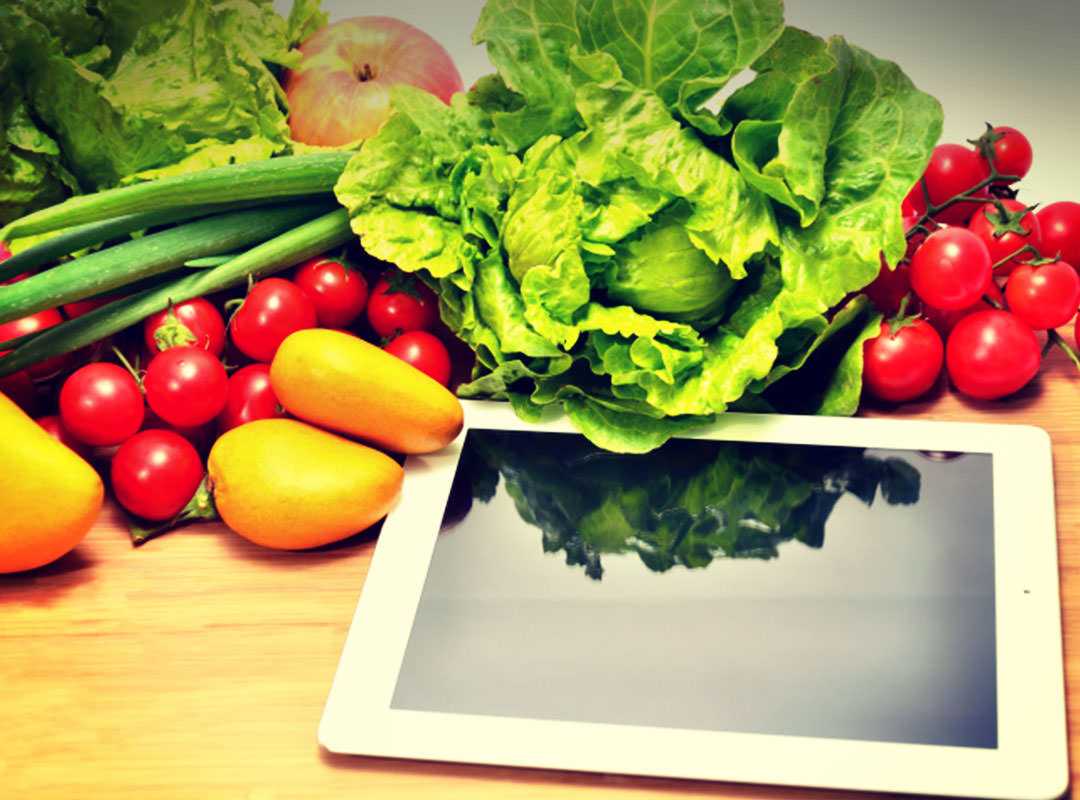LONDON, UK — Brits continue to shop with the click of a button, as according to the latest research from Mintel, last year sales of online groceries in the UK hit £12.3 billion, up 9% from 2017.
One of the fastest growing channels in the UK grocery market, the online grocery sector is still adding to its share of total grocery retail sales, up from 6.1% in 2016 to 7% in 2018. What is more, consumers’ love of online shopping is set to continue as this year, sales are expected to reach £13.6 billion.
Over the next five years, online grocery is forecast to account for 10% of all grocery shopping, with sales growing by 60% to reach £19.8 billion in 2023.
But, while 45% of Brits love to shop electronically, away from the hustle of the store, it seems that retailers are struggling to entice new shoppers to the world of online grocery retailing. Indeed, the number of customers shopping online for groceries has dropped from 48% to 45% between 2015 and 2018.
According to Mintel research, younger Brits are still enthusiastic about the convenience of having groceries delivered, particularly those aged 25-34, with 61% of this group doing some online grocery shopping and over a quarter (27%) saying they do all or most of their grocery shopping online.
However, it seems that middle aged and older shoppers are more reluctant to join the online shopping revolution, and their reluctance is growing. Whilst just over a third (35%) of those aged 45+ report buying some groceries online, the number of Brits in this group who have “never bought groceries online and have no interest in doing so” has grown from 34% in 2015 to 42% in 2018.
Nick Carroll, Associate Director of Retail Research at Mintel, said:
“Online grocery is, alongside the food discounters, one of the fastest-growing segments within the wider grocery sector. However, growth is slowing and the number of users is plateauing as retailers struggle to encourage new customers to try their services. Many consumers remain reluctant to buy fresh products online, concerns around substitutions persist and delivery charges are still off-putting, particularly in a market where value is key.
However, most importantly, online services are still best suited to the traditional big-basket weekly shop, at a time when consumers are increasingly shopping on a top-up or when-needed basis. That is why we are seeing more retailers launch trial services designed to tap into the potential market for same-day or small-basket online grocery delivery. The difficulty is such services, at present, are costly to both the customer and the retailer, limiting their appeal and potential geographic rollout.”
A quarter of online grocery shoppers will not pay for same-day delivery
According to Mintel research, the most common reason why consumers do not shop online is that they prefer to choose fresh products themselves (73%). There are also concerns around high delivery charges (24%) and minimum spend (18%).
With the number of consumers shopping online for groceries stalling, many retailers have looked to introduce same-day delivery services as a way to grow appeal. However, such services often come with an increased delivery charge.
When asked how much consumers would be willing to pay for same-day delivery, 30% of online grocery shoppers say they would pay £1-£2.99; whilst a further 27% say £3-£4.99. Just 19% of these consumers would be willing to pay over £5 and 24% say they would not be willing to pay anything for same-day delivery, highlighting the need for costs to be kept in line, where possible, should same-day delivery become mainstream.
“For some consumers, the larger basket-style shopping that online grocery best supports does not fit with their current habits, indicating that, should same-day delivery come to the mass market, with services targeted towards immediate meal solutions, it could be the next driver of growth for the sector.” adds Nick.


















